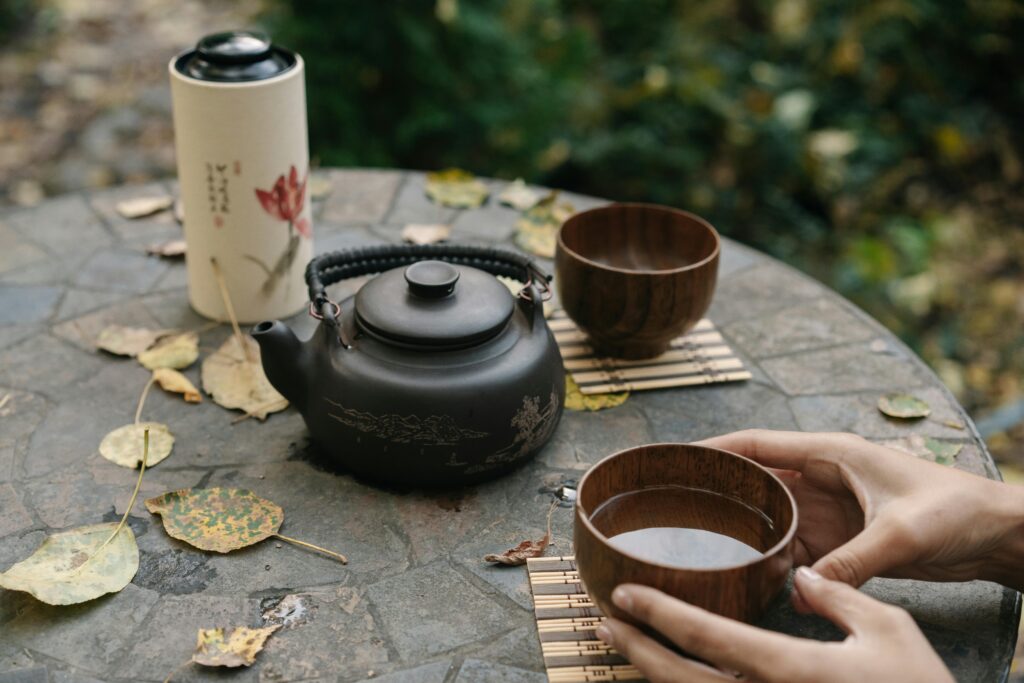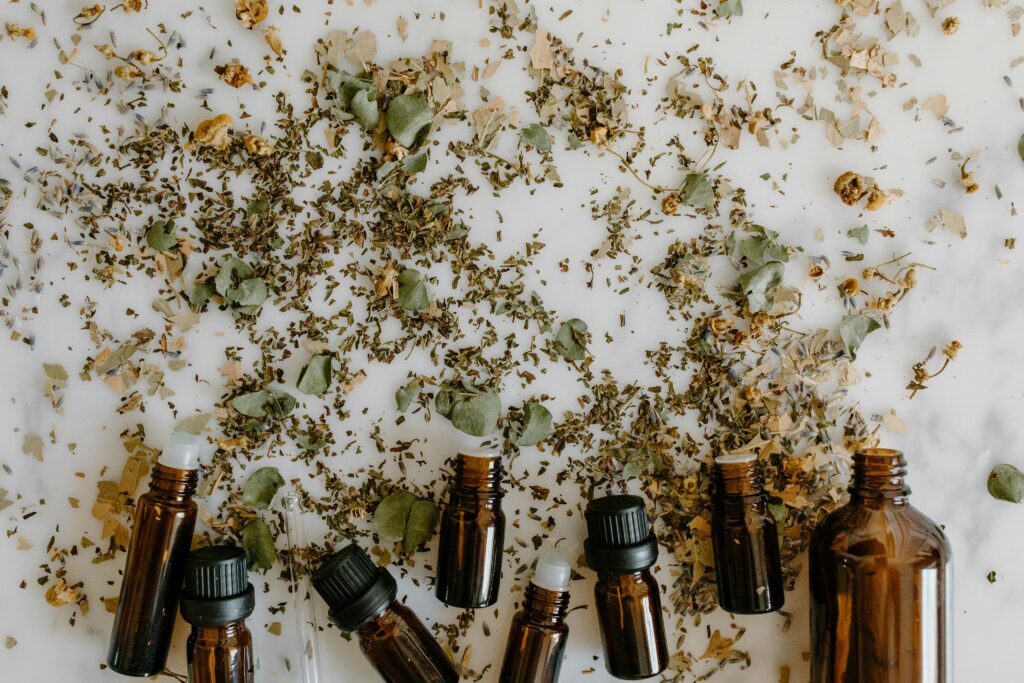If there’s one thing that unites Pakistanis across all walks of life, it’s chai. Whether you’re in Karachi’s bustling streets, Lahore’s cozy cafes, or the serene valleys of Gilgit, you’ll find people sharing laughter and stories over a steaming cup of Pakistani chai. It’s not just a beverage—it’s an emotion, a ritual, and often the first thing we crave in the morning.
But beyond comfort and culture lies a question many people wonder: Is drinking Pakistani chai daily healthy? The short answer is yes—when enjoyed mindfully, chai can offer several surprising health benefits.
What Makes Pakistani Chai Unique?
Pakistani chai stands apart from typical black tea because of its rich texture, full-bodied flavor, and cultural authenticity. It’s often made with strong tea leaves, boiled with milk and sugar, and sometimes infused with warming spices.
The Signature Ingredients
- Tea Leaves: Usually black tea, rich in antioxidants and polyphenols.
- Milk: Adds calcium, protein, and creamy texture.
- Sugar: Brings sweetness and energy—but moderation matters.
- Spices: Cardamom, ginger, cinnamon, and cloves are common additions that enhance aroma and provide natural health benefits.
Doodh Patti vs Masala Chai
- Doodh Patti: Classic Pakistani style—strongly brewed tea simmered in milk.
- Masala Chai: Includes spices for added flavor and health benefits.
Both types deliver warmth and wellness, but masala chai adds an extra medicinal touch.
The Science Behind Chai
Caffeine Content: Boost or Burden?
Pakistani chai typically contains 30–50 mg of caffeine per cup, enough to boost focus and alertness without the jitters coffee might cause. When consumed moderately, it can enhance concentration, reduce fatigue, and even improve mood.
The Role of Antioxidants
Black tea, the base of most Pakistani chai, is loaded with polyphenols, flavonoids, and catechins—compounds known for fighting free radicals. These antioxidants support heart health, reduce inflammation, and promote longevity.

Top Health Benefits of Pakistani Chai
1. Improves Digestion
The tannins in black tea help regulate digestive enzymes, while spices like ginger and cardamom soothe the stomach. Many Pakistanis naturally drink chai after meals for this very reason—it aids digestion and prevents bloating.
2. Boosts Energy and Mental Alertness
Chai offers a gentler caffeine kick compared to coffee. It revitalizes the body, sharpens focus, and lifts your spirits—perfect for long working hours or morning routines.
3. Supports Heart Health
Studies suggest that regular black tea drinkers may experience improved blood circulation and reduced cholesterol levels, thanks to antioxidants like theaflavins and thearubigins.
4. Strengthens Immunity
Spices such as cardamom, cloves, and ginger have antimicrobial and anti-inflammatory properties. Combined with warm milk, they create a comforting drink that can help prevent seasonal colds.
5. Relieves Stress and Fatigue
Beyond chemistry, chai has a psychological benefit—it signals a moment of pause and relaxation. The warmth and aroma calm your nerves, making it an excellent stress-reliever.
Common Myths About Drinking Chai Daily
Myth 1: “Chai Causes Dehydration”
While caffeine is mildly diuretic, the water content in chai compensates for it. Moderate tea drinking does not cause dehydration—in fact, it contributes to your daily fluid intake.
Myth 2: “Too Much Chai Is Always Bad”
Excess of anything can be harmful, but 2–3 cups a day are perfectly fine for most adults. Problems arise only when chai replaces water or leads to excessive sugar intake.
Myth 3: “Chai Leads to Weight Gain”
Chai itself doesn’t make you gain weight—it’s the sugar and full-fat milk that do. Switch to low-fat milk and minimal sugar for a guilt-free cup.
How to Make a Healthier Cup of Pakistani Chai
- Use Fresh Spices: Freshly crushed ginger or cardamom enhances flavor and boosts antioxidants.
- Limit Sugar and Full-Fat Milk: Opt for honey or stevia as natural sweeteners.
- Brew, Don’t Overboil: Boiling too long reduces tea’s nutritional value.
Pro Tip: Try green cardamom masala chai—it’s aromatic, light, and packed with antioxidants.
When to Avoid Chai
While chai is safe for most, it’s best avoided:
- Late at night (it may disturb sleep)
- Right after iron-rich meals (can reduce iron absorption)
- In large amounts for people with caffeine sensitivity or acid reflux
FAQs About Health Benefits of Pakistani Chai
1. Is it okay to drink Pakistani chai every day?
Yes, 1–3 cups daily can be healthy if sugar and milk are balanced.
2. Does chai improve digestion?
Yes! Spices like ginger and cardamom help soothe the stomach and aid digestion.
3. Can chai replace coffee for energy?
Absolutely. It provides a milder caffeine lift without the crash.
4. Does Pakistani chai help in weight loss?
It can—especially when taken without sugar or heavy milk, as it boosts metabolism.
5. Is chai good for the heart?
Yes, black tea polyphenols help improve circulation and reduce bad cholesterol.
6. Can pregnant women drink chai?
Yes, but in moderation. Limit to one mild cup a day to control caffeine intake.
Conclusion: Sip Mindfully, Stay Healthy
Pakistani chai isn’t just a daily ritual—it’s a healing tradition. When brewed thoughtfully, it can lift your mood, strengthen your body, and connect you to a centuries-old culture of warmth and togetherness.
So, go ahead—pour yourself a cup, inhale the aroma, and sip your way to better health.
Learn more about the nutritional value of tea from Harvard T.H. Chan School of Public Health
10 Reasons Your chai doesn’t taste like dhaba chai
The Cultural Obsession With Dhaba Chai Before we dive into the 10 reasons your chai…
The Health Benefits (and Myths) of Drinking Pakistani Chai Daily
If there’s one thing that unites Pakistanis across all walks of life, it’s chai. Whether…
The Best Morning Teas for Energy and Focus
Starting your day with the right beverage can make all the difference. While coffee is…
L-Theanine and Anxiety: How This Amino Acid in Tea Works
When you sip a warm cup of green tea, you’re not just enjoying a soothing…
Top 5 Karak Chai Variations You Must Try for Rich Flavor
Karak Chai is not just tea—it’s a warm hug in a cup, deeply rooted in…
Street Chai in Pakistan: A Journey Through Dhaba Culture
Chai is more than just a hot beverage in Pakistan—it’s a national obsession, a daily…





